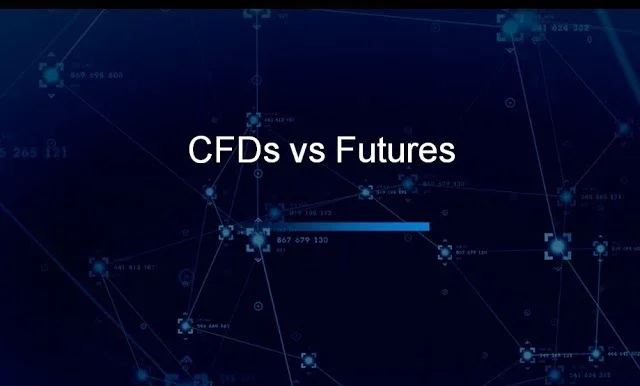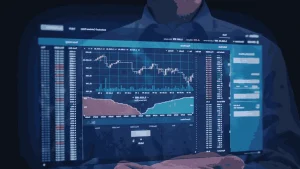Introduction
South Africa’s vibrant financial markets offer diverse trading opportunities through CFDs and Futures contracts. The distinction between CFD and Futures trading has become increasingly relevant for South African investors seeking optimal trading strategies.
South African Trading Landscape
Understanding market dynamics in South Africa requires consideration of:
- Local economic factors
- Currency fluctuations
- Political stability
- Resource sector influence
- International market correlation

Trading Instrument Comparison
The South African context offers unique perspectives on CFD and Futures trading :
- CFD Advantages in South Africa
- Rand-hedge opportunities
- Resource sector exposure
- International market access
- Lower entry barriers
Practical considerations for South African traders:
Feature | CFDs | Futures |
Min Capital | R5,000 | R50,000+ |
Leverage | Up to 1:500 | Limited |
Settlement | T+2 | Contract expiry |
Market Access | Global | JSE focused |
Risk Management for South African Traders
Essential risk considerations include:
- Currency risk exposure
- Political risk factors
- Liquidity management
- Emerging market volatility
- Regulatory compliance
Local market insights shape trading strategies:
- Market-Specific Factors
- Resource price sensitivity
- ZAR volatility impact
- Local market hours
- Cross-border regulations
Trading Technology and Infrastructure
| Infrastructure | Requirement | Availability |
| Internet Speed | 10+ Mbps | Major cities |
| Power Supply | Backup needed | Load shedding |
| Mobile Trading | Essential | 4G/5G coverage |
| Support | Local hours | 24/5 international |
Understanding CFD and Futures Trading in South Africa
Key considerations for local traders:
- Market Access Points
- Regulatory Requirements
- Cost Structures
- Risk Parameters

Conclusion
South African traders benefit from understanding local market nuances while choosing between CFDs and Futures. The decision should align with individual trading goals and local market conditions.
FAQ Section
How does load shedding affect trading in South Africa?
Traders should have backup power solutions and stable internet connections to maintain continuous trading during power outages.
Are CFDs regulated in South Africa?
Yes, CFD trading is regulated by the Financial Sector Conduct Authority (FSCA).
Can South African residents trade international markets?
Yes, through CFDs, but must comply with South African Reserve Bank (SARB) exchange control regulations.
What's the minimum capital needed to start trading?
CFDs typically require R5,000 minimum, while Futures need substantially more, often R50,000+.
How does ZAR volatility affect trading?
Currency fluctuations can significantly impact both CFD and Futures trading returns, requiring careful risk management.













